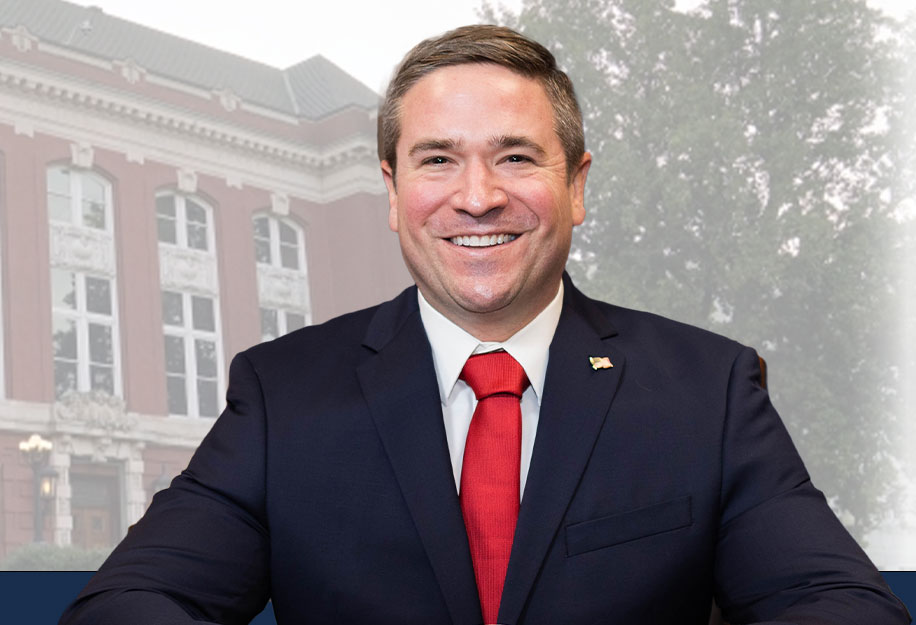By Category – Public Governmental Bodies and Public Meeting
JOHNSON v. STATE, 366 S.W.3d 11 (Mo. 2012)
Reapportionment commission (consisting of six judges from state appellate courts) appointed by Supreme Court pursuant to Art. III, Sec. 2 of the State Constitution, is a “judicial entity.” Because the commission was not acting in an administrative capacity, it was not a “public governmental body” under the sunshine law.
STEWART v. WILLIAMS COMMUNICATIONS, INC., 85 S.W.3d 29 (Mo. App. W.D. 2002)
A private, for-profit corporation that lacks the power to formulate public policy, make rules, or tax and is not one of the specific entities included in the definition in § 610.010(4), RSMo, is not a public governmental body. Thus, the fact that a utility company possessed eminent domain power did not make it a public governmental body.
SNL SECURITIES, L.C. v. NATIONAL ASSOCIATION OF INSURANCE COMMISSIONERS,
23 S.W.3d 734 (Mo. App. W.D. 2000)
A national association of the chief insurance regulators of all 50 states did not constitute a quasi-public governmental body and therefore was not required to comply with the Sunshine Law.
NORTH KANSAS CITY HOSPITAL BOARD OF TRUSTEES v. ST. LUKE’S NORTHLAND HOSPITAL, 984 S.W.2d 113 (Mo. App. W.D. 1998)
A nonprofit corporation created to carry out the purposes of a municipal hospital and controlled by the hospital’s board of trustees is a quasi-public governmental body and therefore is subject to the Sunshine Law.
DEFINO v. CIVIC CENTER CORP., 780 S.W.2d 665 (Mo. App. E.D. 1989)
No issue of a Sunshine Law violation was presented to the court where less than a quorum of a board of aldermen met with constituents. The court determined the Sunshine Law does not require public notice of every meeting between a constituent and an alderman.
CHARLIER v. CORUM, 774 S.W.2d 518 (Mo. App. W.D. 1989)
A county sheriff is a “public governmental body” within the meaning of
§ 610.010(4), RSMo, because the office of sheriff is an administrative entity created by state statute.
KANSAS CITY STAR COMPANY v. SHIELDS, 771 S.W.2d 101 (Mo. App. W.D. 1989)
A violation of the Sunshine Law occurred when three members of a four- person budget committee of the city council met with the city budget officer and city manager and discussed the city budget in a luncheon meeting that was not announced as required by § 610.020, RSMo.
OPINION NO. 129-2004
A task force appointed by a school district superintendent for the purpose of making budget proposals to the superintendent is a public governmental body and, therefore, task force meetings are subject to the Sunshine Law.
OPINION NO. 143-2003
A citizen’s advisory committee is a public governmental body and records of communications from members of the committee or city staffers to a private consultant are public records. The city is obligated to retrieve public records it has given to a private consultant and make the records accessible to the public.
OPINION NO. 106-2001
The board of jury commissioners is a public governmental body and, when it performs its duties pursuant to Chapter 494, RSMo, it is acting in an administrative role. Because the board of jury commissioners is a public governmental body, it is not exempt from the Sunshine Law, and if it retains the qualified jury list or prospective jury list, the board of jury commissioners is responsible for providing copies, if requested under Chapter 610, RSMo.
OPINION NO. 100-2001
A sheltered workshop established by a nonprofit corporation is a quasi-public governmental body and its financial records are subject to the provisions of Chapter 610, RSMo.
OPINION NO. 255-2000
Provisions of the Sunshine Law apply to a board of visitors created by § 221.320, RSMo.
OPINION NO. 103-88
The Missouri School Boards Association is a “quasi-public governmental body” and subject to the provisions of Chapter 610, RSMo.
OPINION NO. 67-87
The Student Government Association of Southwest Missouri State University is not generally considered a public governmental body subject to the Sunshine Law, although the Sunshine Law may be applicable to the Student Government Association under certain circumstances.

